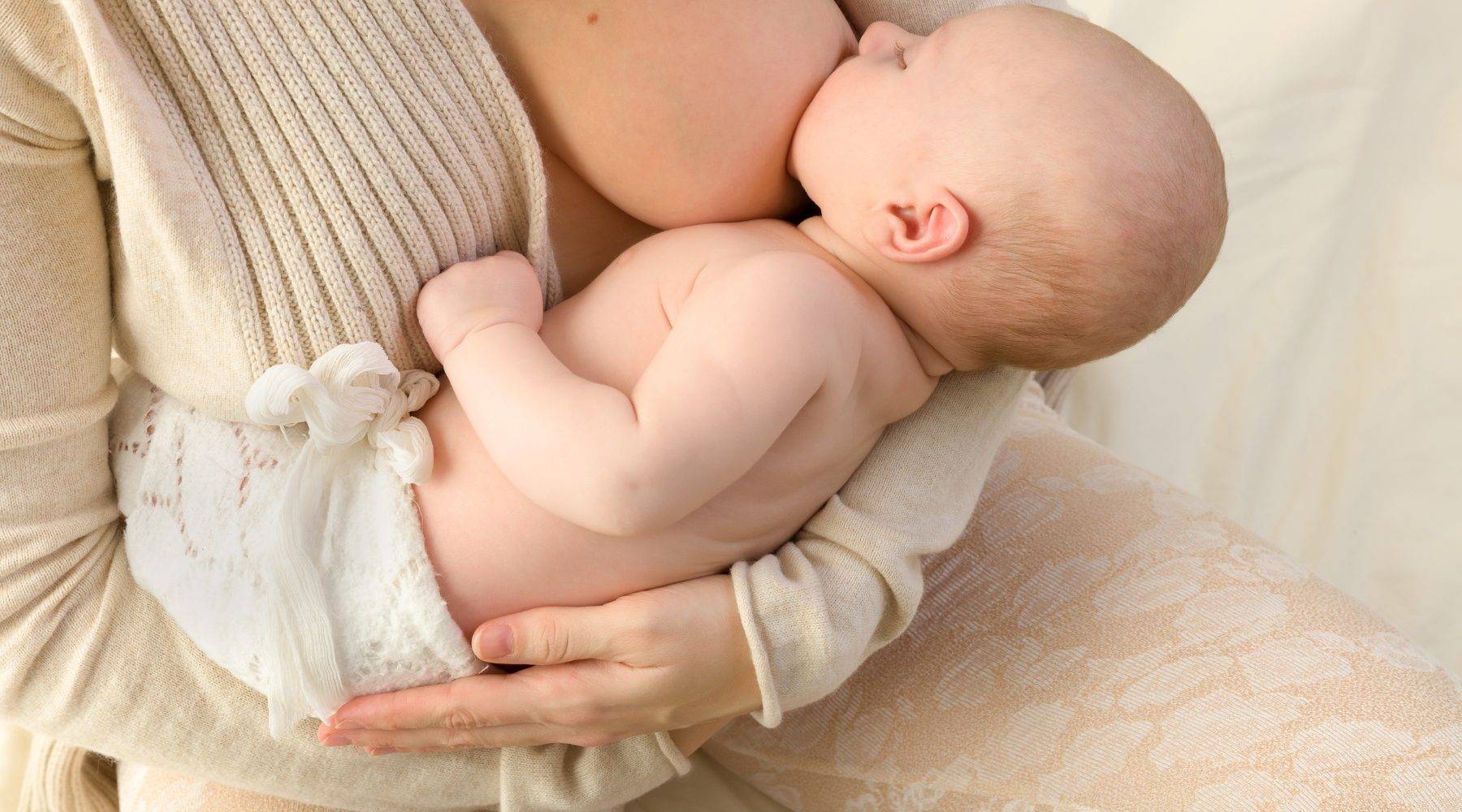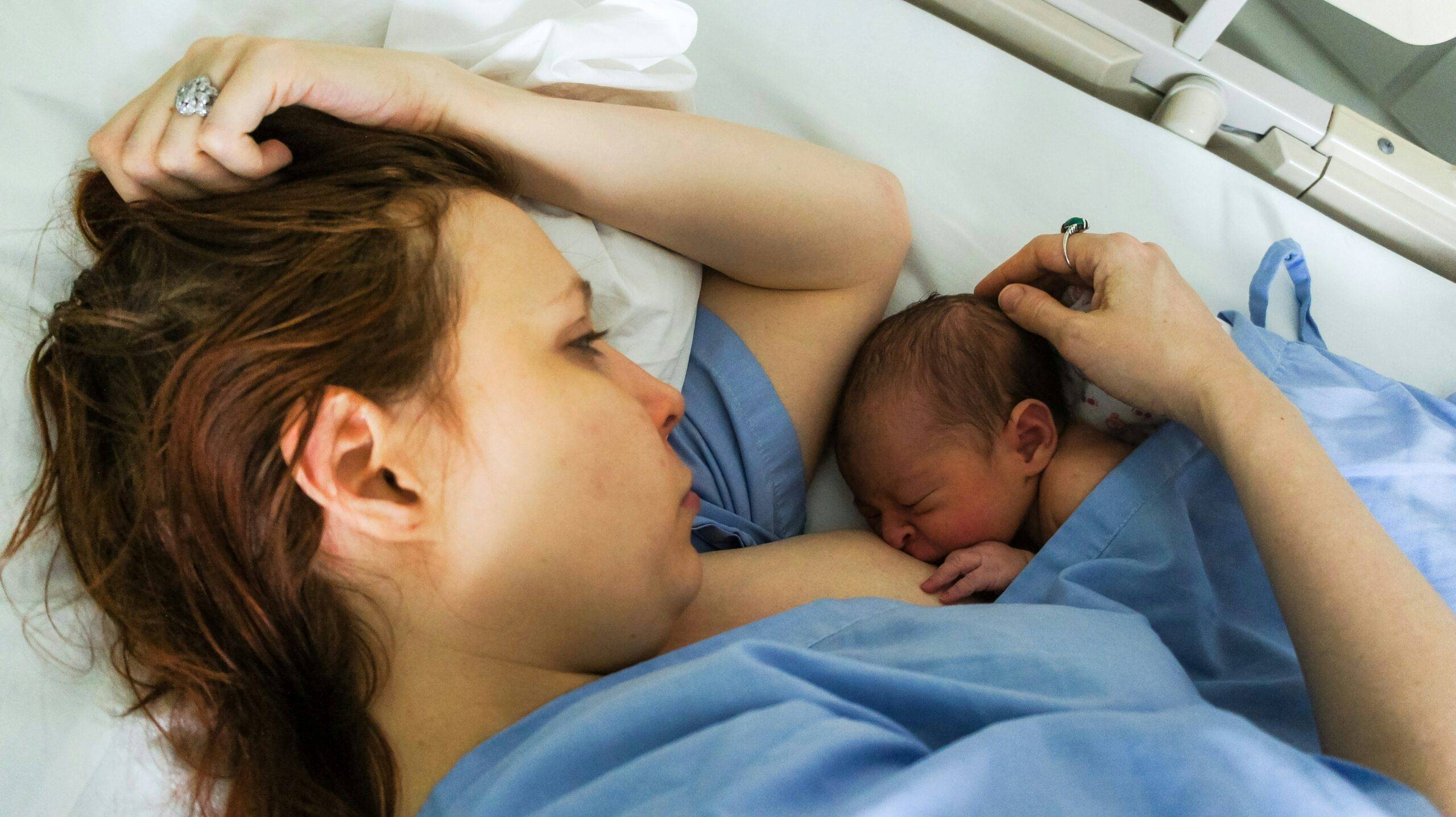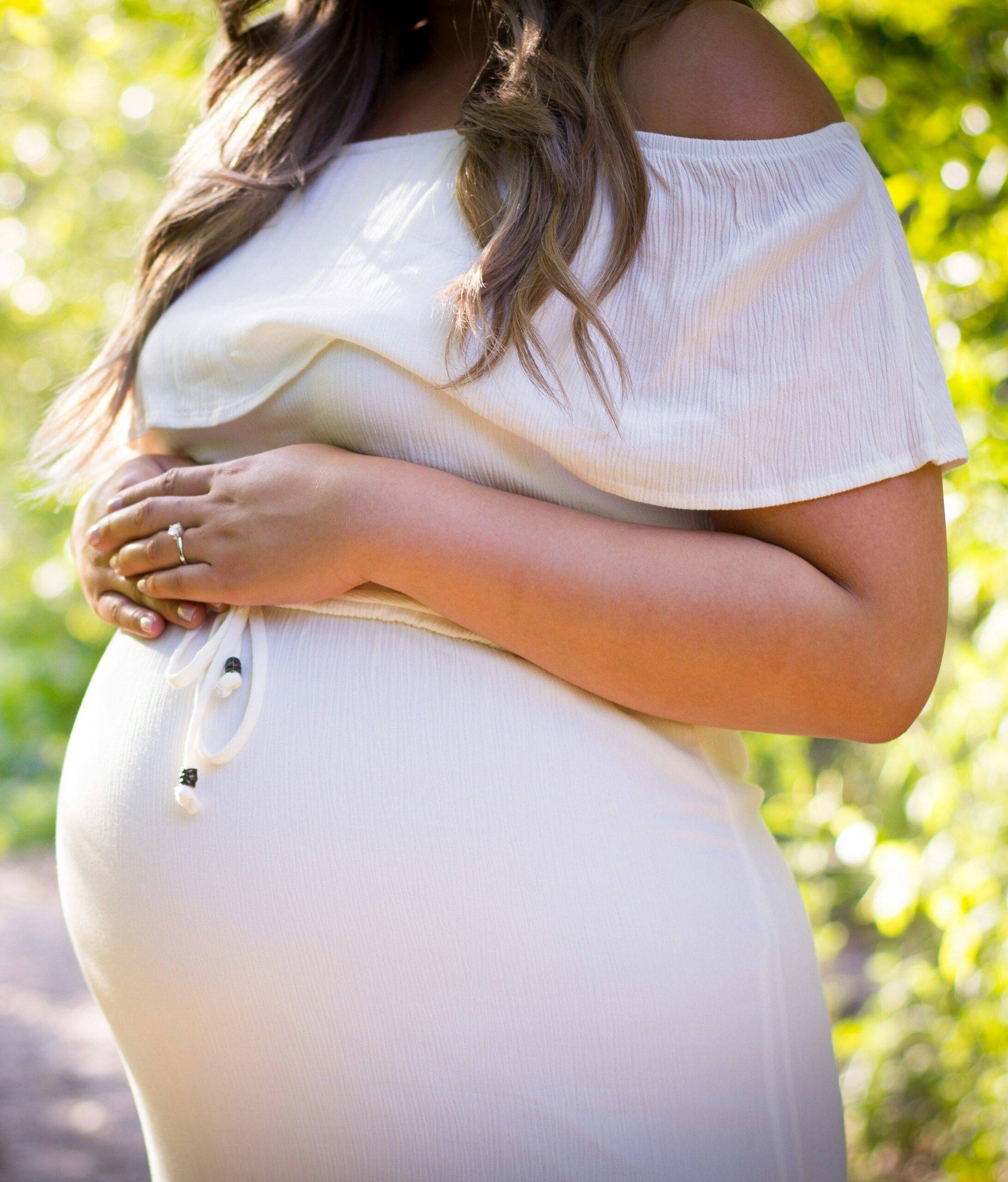Table of Contents
Pregnancy and childbirth are momentous events, yet they can be a tough experience for new moms like you. After which, you will be embarking on your transition to motherhood. With the baby’s arrival, you will be diving into many responsibilities.
Every waking moment for you is meant to care for your precious little one, which makes finding time for yourself a bit challenging. Indeed, transitioning to motherhood is demanding, bringing about numerous physical and emotional changes under your belt.
Postpartum depression (PPD) is one type of emotional change. In this article, we at Omega Pediatrics have come up with useful insights about this important maternal health condition and how self-care can, in some ways, help alleviate the symptoms.
It’s hoped that this article will be of great help as you manage PPD symptoms before they balloon into serious mental health issues, thus helping you to navigate the transition to motherhood with greater confidence and empowerment.
Baby Blues or Postpartum Depression? How to Tell
Transitioning to motherhood can sometimes be an abrupt adjustment in daily routines with hefty responsibilities. This change makes new moms feel like they’re crying, drained, and overwhelmed, which makes them anxious, restless, and irritable.
Approximately three-quarters of new moms experience these symptoms, known as baby blues. Fortunately, these emotional responses are only short-lived and diminish on their own. They start to be felt a few days after giving birth and last about two weeks.
Another manifestation is the feeling that something is just not right, which describes baby blues. In some instances, anxiety and depression set in on top of these symptoms. The latter case characterizes postpartum depression.
The significant difference between postpartum depression and baby blues is that in the former, the symptoms of mood disorder range from mild to severe and last longer. It starts one week after giving birth and may last for a year.
Postpartum Depression: What’s It All About?
When a mother endures feelings of despair or anxiety to the point that they interfere with her ability to carry out daily tasks and responsibilities, she’s experiencing postpartum depression. Now, let’s delve deep into the symptoms.

Their mood swings are so disturbing that they can’t focus on their daily routine of baby care and other household chores. They feel nervous and restless, irritable, and panicky, or they experience panic attacks that seem to be losing control.
Feelings of guilt and worthlessness, persistent inadequacy, sadness, loneliness, and an “empty mood” characterize PPD. Due to these, new moms cry a lot, have trouble eating, and can hardly sleep. Additionally, they may constantly worry about their babies.
In PPD, the mother finds it difficult to bond with or form an emotional attachment to her baby. At worst, she entertains thoughts of harming her baby or hurting herself. Some moms have traumatic pregnancies and childbirths that keep entering their minds.
Many new mothers are emotional and feel like crying one minute and laughing the next minute. Physical changes and a lack of sleep aggravate the situation. All these symptoms are signs of PPD that warrant medical attention.
What are the Risk Factors?
There’s no single cause of postpartum depression. Mothers aren’t to be blamed. It has nothing to do with being a weakling or putting off being a mother. Below is a list of the risk factors that have increased the likelihood of developing this medical condition:
- Hormones
Pregnancy, childbirth, and breastfeeding can bring erratic hormonal changes. These may result in depression, similar to mood swings or extreme emotions that happen in premenstrual dysphoric disorder or other hormone-related mood changes.
- Emotional Factors
Change can trigger depression and anxiety, and going through pregnancy and childbirth is no exception. Adjusting to baby care, seeing changes in body shape after childbirth, and added stressors during pregnancy and childbirth can have an emotional impact.
- History of Mood Disorders
Genetics and a personal history of depression or other mood disorders contribute to the development of postpartum depression.
- Lifestyle and Situational Factors
There may be drastic changes and events in the recent past that can trigger stress, sadness, or anxiety. Aside from adjusting to newborn care, there may be marriage or financial instability, employment changes, illness, or a recent death in the family.
Lack of support from family, friends, and partner can also contribute to situational stress.
Self-Care Tips to Prevent Postpartum Depression
Self-care plays a crucial role in managing postpartum depression. The approach is to address the risk factors before they turn into serious ones. It helps to prevent PPD by reducing stress and improving mood, thus promoting overall well-being.
Before an intervention is done to treat postpartum depression, here are the self-care steps you can take to alleviate the symptoms:
1. Diet and Nourishment
New moms should continue their balanced pregnancy diet postpartum. This includes whole-grain breads, cereals, fresh fruits, vegetables, protein, and dairy. Drink 8–10 glasses of liquid daily. Breastfeeding moms also have their dietary requirements.
2. Get Rest.
You need to rest when your baby rests. Getting quality sleep is critical to treating PPD. Or you can consider seeking help and support in the physical work like cooking and household chores so you can run errands or exercise and have time to sleep.
3. Forgive Yourself
This is about accepting that you’re not doing your tasks perfectly well all the time. After all, no one is a perfect mother. Don’t expect to pick up where you left off before becoming a mother.
4. Ask for Help
This is a matter of accepting the difficulty of being a parent. It’s not only you; other mothers are experiencing the same. Thus, don’t be reluctant to ask for help to alleviate the physical strain of caring for your baby.
You need to have time for yourself and engage in activities you take pleasure in. It could be as simple as running errands alone and talking to someone to vent. Also, asking for help allows you to rest longer. While resting your body, your moods will also be at rest.
5. Prioritize Time for Yourself
The responsibilities of caring for your newborn seem like a never-ending job. Despite this, ensure that you allocate time for yourself too. It could be as short as five minutes of meditation or taking a hot shower longer. Know that you need time for yourself.
6. Talk to Someone Who Can Relate
It’s unhealthy that you’re battling depression alone. Find an outlet, a circle of friends, or other mothers who can relate to and understand what you’re going through. Typically, you will join a support group for mothers with maternal depression or an online space
These are ideal mediums where you can talk to other people outside your family and be open to expressing your feelings.
7. Recognize that Depression is a Medical Condition.
You need to understand that postpartum depression is not just a sign of weakness. It’s a type of mood disorder; hence, it’s a medical condition that requires treatment by a medical professional.
Treatment for Postpartum Depression
Yes, self-care is a great help, but depression is a serious condition for which you need to seek professional help from a mental health specialist. Treatment options can be a medication prescription, cognitive behavioral talk therapy, or a combination.
In the course of the treatment, the doctor may likely prescribe an antidepressant in conjunction with talk therapy. Postnatal supplements and multivitamins may also be prescribed to help boost mood and reduce depressive symptoms.
Ensure that the treatment you have chosen is something you can stick to and that it works for you. This is the most important step in managing postpartum depression.
Self-Care for New Mothers: Its Future Directions
Focused Research on Self-Care
A lot of research has been conducted regarding motherhood in general. It encompasses varied aspects such as social support, infant care, mother-child interaction, self-care and psychological well-being, management, and adjustment.
However, there’s a lack of detailed studies that are exclusively focused on self-care as part of maternal care. In this regard, further research is recommended
Diversity in Self-Care Practices

Although mothering responsibilities are universal, varied social forces may have a significant impact on different women. Additionally, the childbearing population is culturally diverse and comprised of single, married, and adolescent mothers.
Each group of women has a different social support structure. And this also applies to self-care strategies. These strategies can’t be applied uniformly due to diversity.
Therefore, further studies are recommended to establish the relationship between self-care strategies and the cultural or socioeconomic status of women.
Postpartum Dysfunction
One obstacle to self-care is that some mothers have difficulty accepting help and support and setting boundaries when it comes to caring for their newborns. This subject has become a controversy that calls for further exploration.
Health experts view this dilemma as a form of postpartum dysfunction. Hence, further studies on this condition can help practitioners develop situation-specific and client-centered interventions to prevent stress and postpartum dysfunction.
Develop behavioral interventions to improve self-care practices among new mothers. The interventions should be tailored to the mother’s circumstances and preferences.
With the availability of interventions, the ultimate objective is to enable healthcare providers to make recommendations to women struggling to care for themselves and their babies simultaneously.
Practice Self-Care to Alleviate Postpartum Depression
For new moms, self-care may involve taking breaks, getting enough sleep, eating well, exercising, and connecting with other people.
Prioritizing self-care allows mothers to ask for help, delegate tasks, and find a “listening ear” who can relate to their experiences.

By incorporating self-care into their routine, new moms can better cope with the challenges of postpartum depression and promote their mental health during this critical period of transition. Reach out to your child’s doctor at Omega Pediatrics.
We at Omega Pediatrics recognize their role in helping new mothers battle postpartum depression. After all, we are one family. We care for you, as mothers of our young patients, as much as we care for your little one.
FAQ
Baby Blues vs. PPD: What’s the difference?
Baby blues: Short-lived emotional responses, lasting up to two weeks.
PPD: More severe and longer-lasting symptoms, up to a year after birth.
What Contributes to the Risk of Postpartum Depression (PPD)?
Hormonal changes: What biological factors increase PPD risk?
Emotional stressors: How do emotional factors affect PPD development?
Personal/family history: What role does mood disorder history play in PPD?
Lifestyle factors: How do lifestyle changes and lack of support impact PPD risk?
How Does Self-Care Help Prevent Postpartum Depression (PPD)?
Balanced diet: How does nutrition aid in PPD prevention?
Quality rest: What role does sufficient sleep play in PPD prevention?
Seeking help: Why is asking for assistance crucial in PPD prevention?
Personal time: How does allocating time for oneself prevent PPD?
What Self-Care Tips Manage Postpartum Depression (PPD)?
Balanced diet continuation: How does maintaining a healthy diet help manage PPD symptoms?
Rest: What role does sufficient rest play in coping with PPD?
Seeking support: How does seeking support assist in dealing with PPD?
What’s the Future of Postpartum Depression (PPD) Self-Care?
Research focus: What areas of PPD self-care need further investigation?
Diversity consideration: How should cultural factors influence PPD self-care?
Tailoring interventions: How can interventions be customized for individual needs in PPD self-care?




